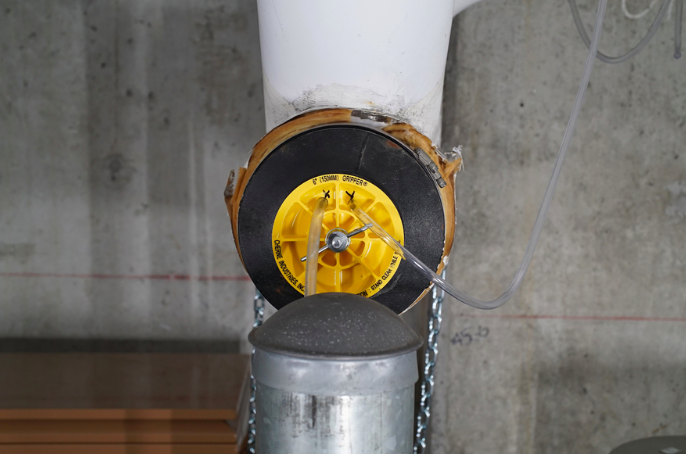
Earlier this year Spanish authorities made an interesting discovery. After the virus had obviously infected large numbers of people who became symptomatic, sewage samples were analysed to see if there was any correlation between viral content there and infection rate. What they discovered was that by going back through the dated samples they could see the virus had been present long before the mass infection rate and community spread.
Using this knowledge, MIT is developing a new wastewater testing program which could act as an early warning sign that the virus is present even though not many students appear infected. It has been successful elsewhere. In the University of Arizona, wastewater testing helped detect an outbreak among asymptomatic individuals and officials were able to take precautionary action early on.
Katya Moniz, a research scientist in the Alm Lab said, “It makes a lot of sense when you think about the fact that there’s a lag between the time somebody gets sick and starts shedding the virus, and the time when they’re symptomatic enough to seek care and get a clinical test. The goal of this pilot is to build this infrastructure for a subset of buildings and use that data to decide if this is an effective method of monitoring Covid-19 outbreaks on campus.”
MIT Medical Chief of Staff Brian Schuetz added, “We view the wastewater treatment data as a part of the larger portfolio of data that goes to the Covid Decision Team that helps make strategic choices about campus operations. It gives us interesting insight into populations, which is really what we’re focused on. Responding to Covid-19 is a population health initiative, and this fits into that.”
Sampling ports installed on the sewage exit pipework of certain buildings will extract a small amount of wastewater every two minutes. A subsample of that will be tested every day by the Alm Lab. The results will then be sent to MIT’s Covid Monitoring Team.
Buildings will not be quarantined on the basis of the test results, but people in the buildings where the virus is detected may be asked to get tested sooner than otherwise scheduled. It’s also anonymous so no one is identified personally.
If this study works it could be adapted to act as a large scale early warning system.






















